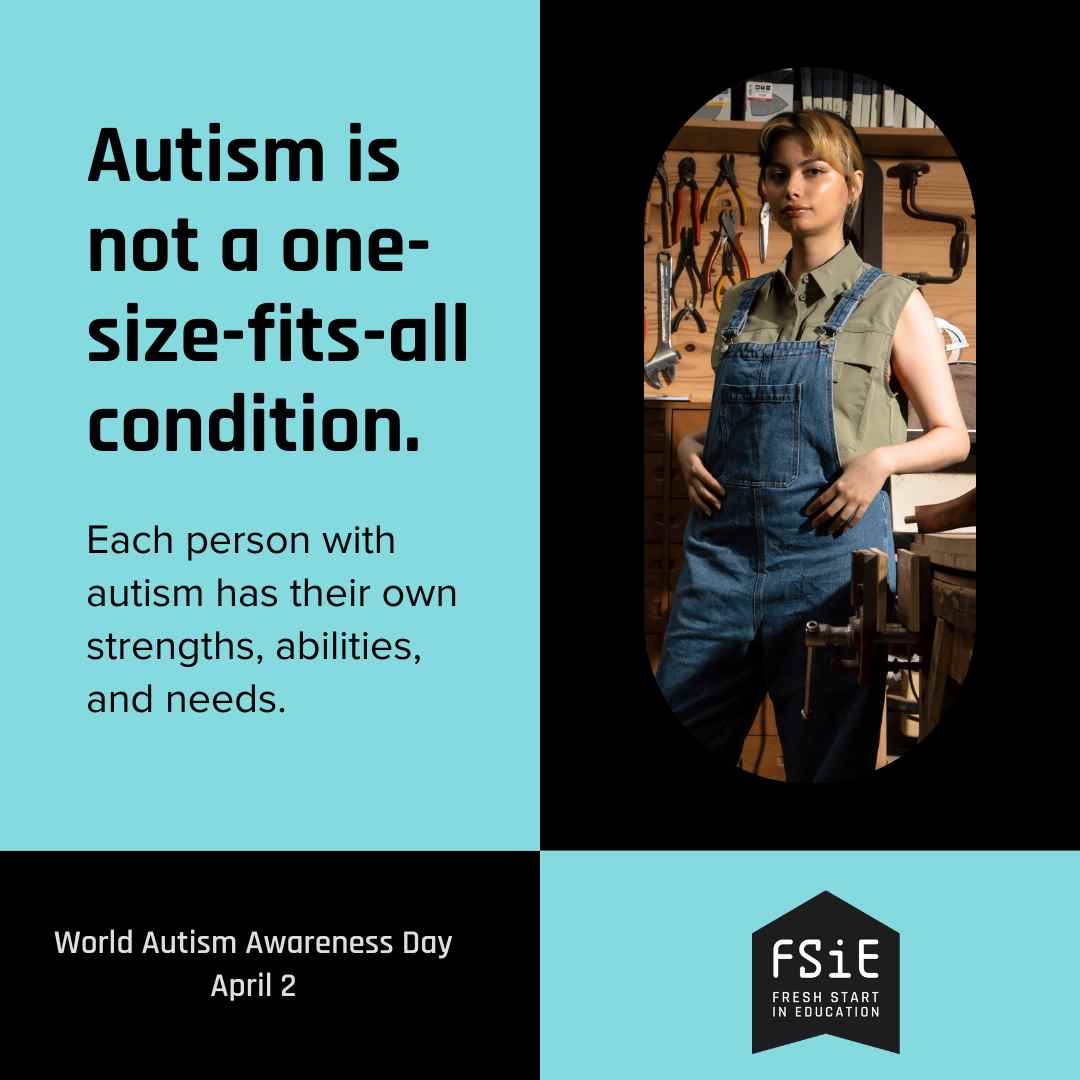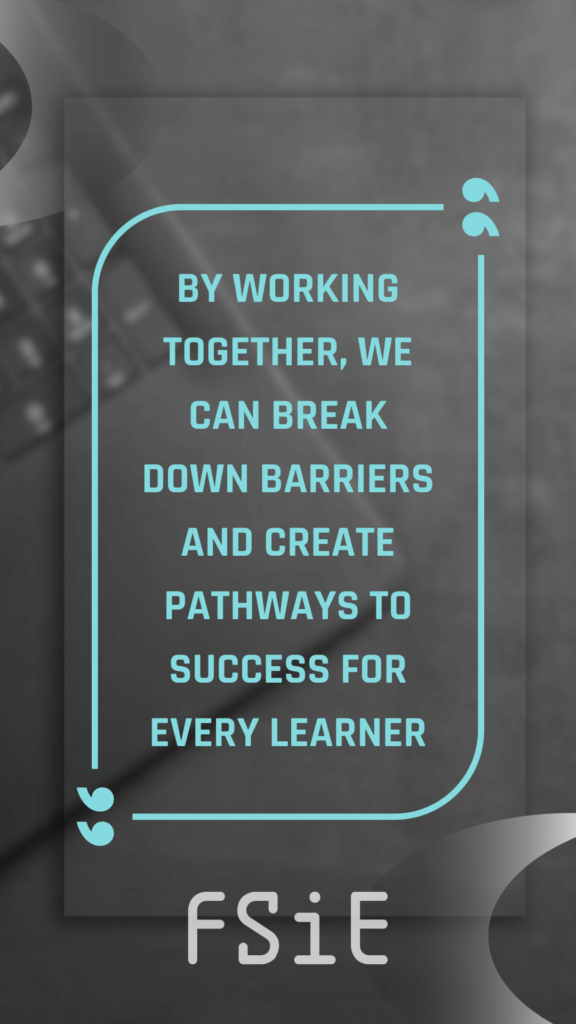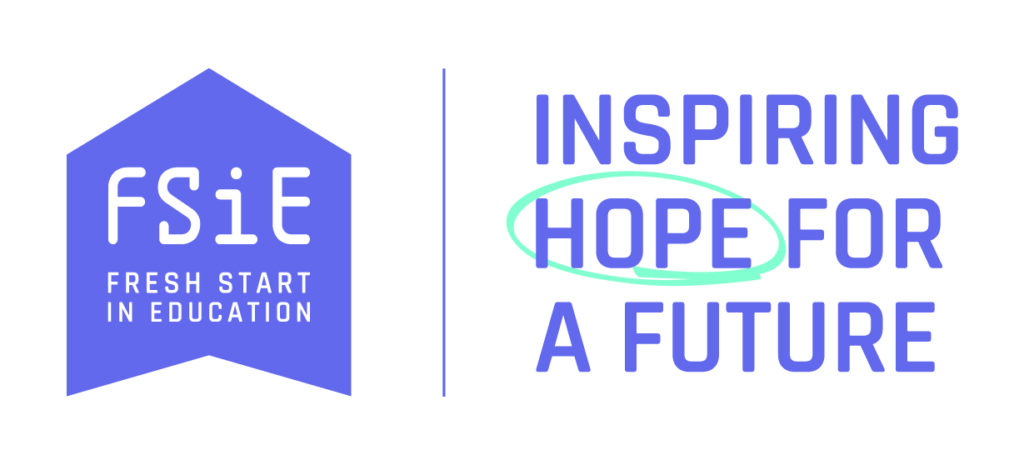Embracing Neurodiversity
Every April 2nd, the world comes together to observe Autism Awareness Day, a day dedicated to raising awareness and understanding about autism spectrum disorder (ASD). It’s a moment to celebrate the unique talents and perspectives of individuals on the autism spectrum, while also advocating for acceptance, inclusion, and support. From classrooms to communities, it’s an opportunity to foster empathy and create a more inclusive society.

Understanding Autism
Autism is a complex neurodevelopmental condition that affects individuals in various ways. It encompasses a broad range of challenges, including social interaction difficulties, communication differences, and repetitive behaviours. However, it’s crucial to recognise that autism is not a one-size-fits-all condition. Each person with autism has their own strengths, abilities, and needs.
Celebrating Neurodiversity
One of the most important messages of World Autism Awareness Day is the celebration of neurodiversity. Neurodiversity acknowledges that differences in neurological functioning are a natural and valuable part of human diversity. Just as biodiversity is essential for the health of ecosystems, neurodiversity enriches our society by offering a diverse range of perspectives, skills, and talents.
Promoting Inclusion in Education
In the realm of education, fostering an inclusive environment is paramount. Every student, regardless of their neurodiversity, deserves access to quality education and opportunities for growth. Teachers play a pivotal role in creating inclusive classrooms where all students feel valued and supported.
Implementing strategies such as universal design for learning (UDL) can help accommodate diverse learning styles and needs. Providing visual aids, offering alternative modes of communication, and fostering peer support networks are just a few examples of inclusive practices that benefit all students, including those with autism.
Empowering Students and Families
Empowerment is another key aspect of supporting individuals with autism. By empowering students to embrace their strengths and interests, we can help them build confidence and self-esteem. Likewise, providing resources and support for families can make a significant difference in their journey.
Collaboration between schools, families, and community organisations is essential for creating a supportive network around individuals with autism. By working together, we can break down barriers and create pathways to success for every learner.

Raising Awareness and Advocacy
World Autism Awareness Day serves as a reminder that advocacy is an ongoing effort. Beyond raising awareness, it’s crucial to advocate for policies and initiatives that promote inclusion, accessibility, and support for individuals with autism and their families. This includes advocating for inclusive education practices, employment opportunities, healthcare services, and societal acceptance.
As educators, parents, students, and advocates, we all have a role to play in creating a more inclusive and understanding world for individuals with autism. By fostering empathy, celebrating diversity, and advocating for change, we can build a society where everyone has the opportunity to thrive.
Conclusion
On World Autism Awareness Day, let us reaffirm our commitment to embracing neurodiversity and fostering inclusive communities. By raising awareness, promoting acceptance, and advocating for change, we can create a world where individuals with autism are valued, supported, and empowered to reach their full potential. Together, let’s celebrate the unique talents and perspectives of individuals on the autism spectrum, today and every day.
